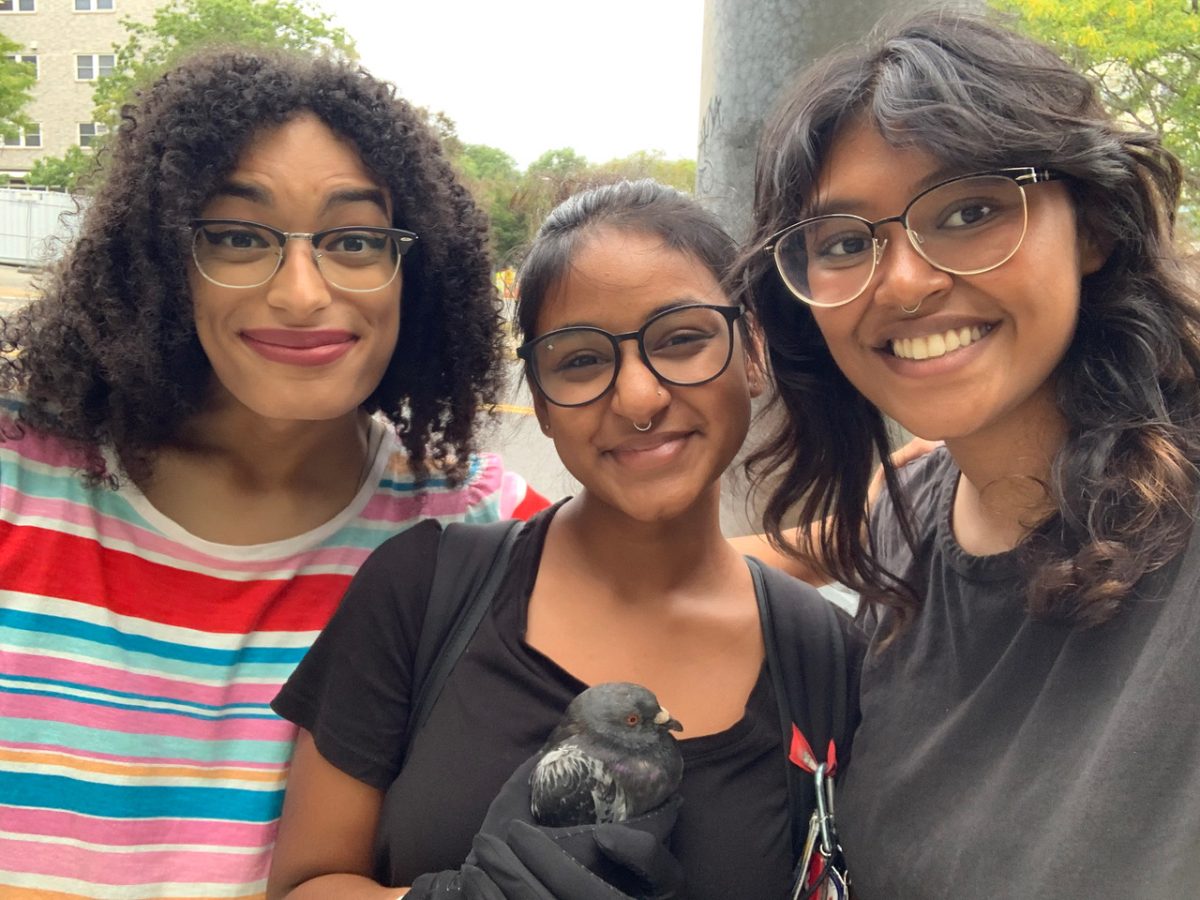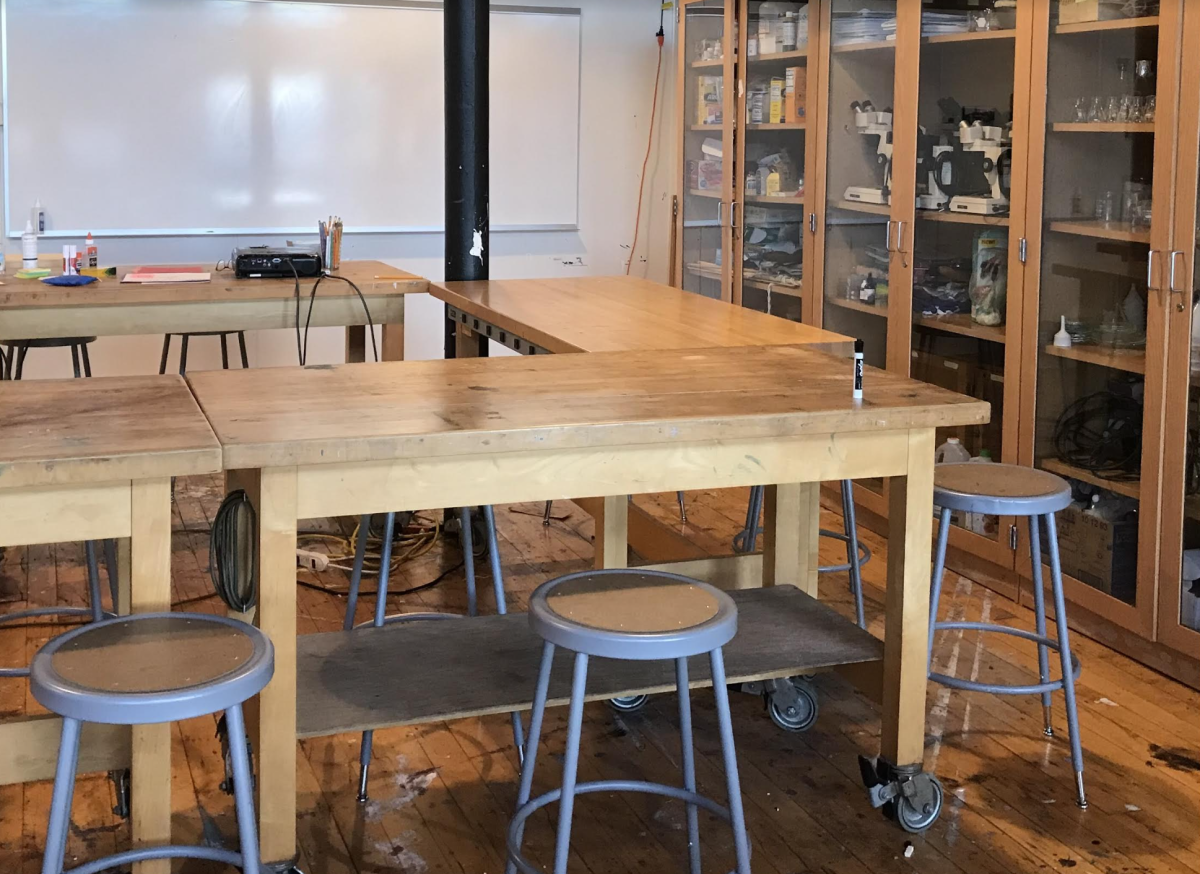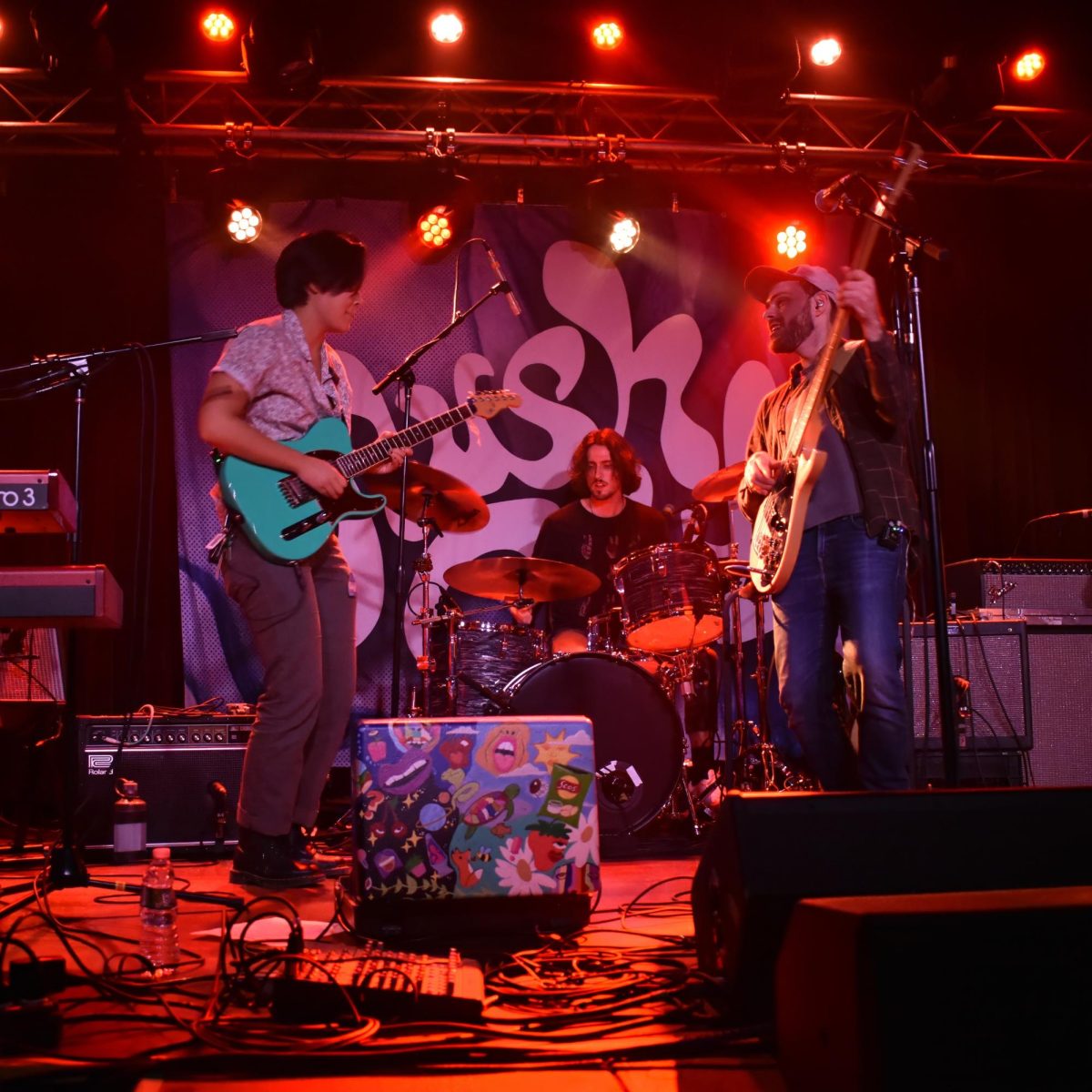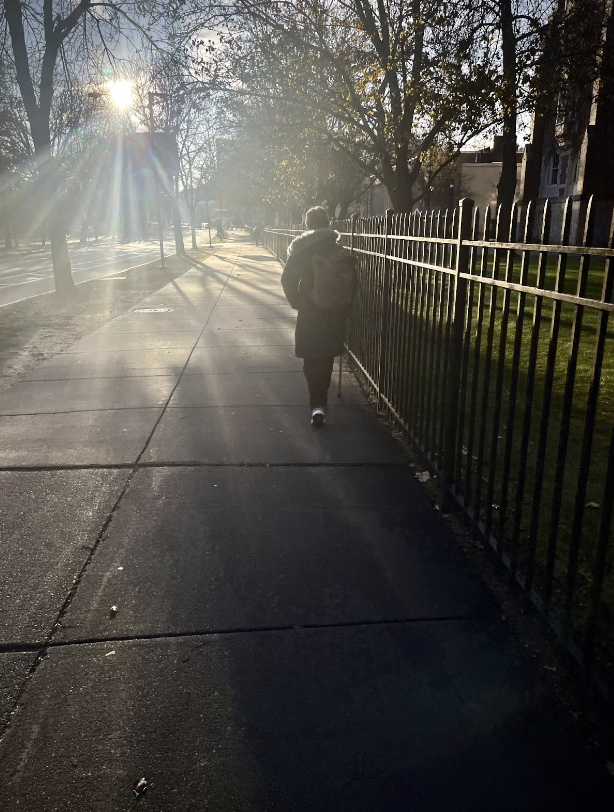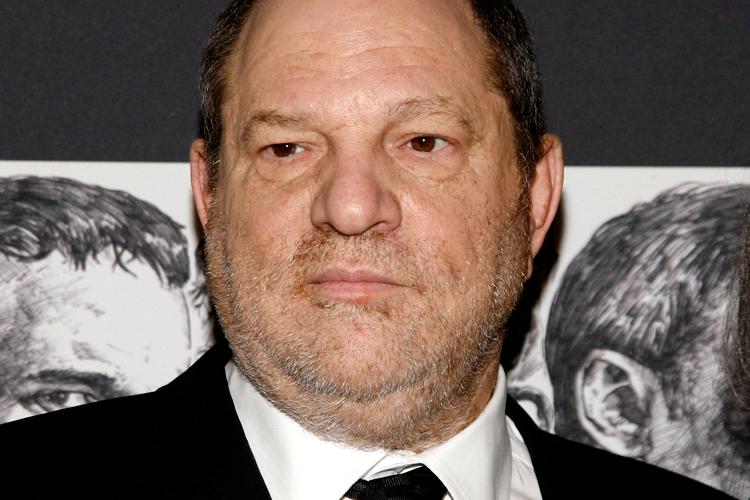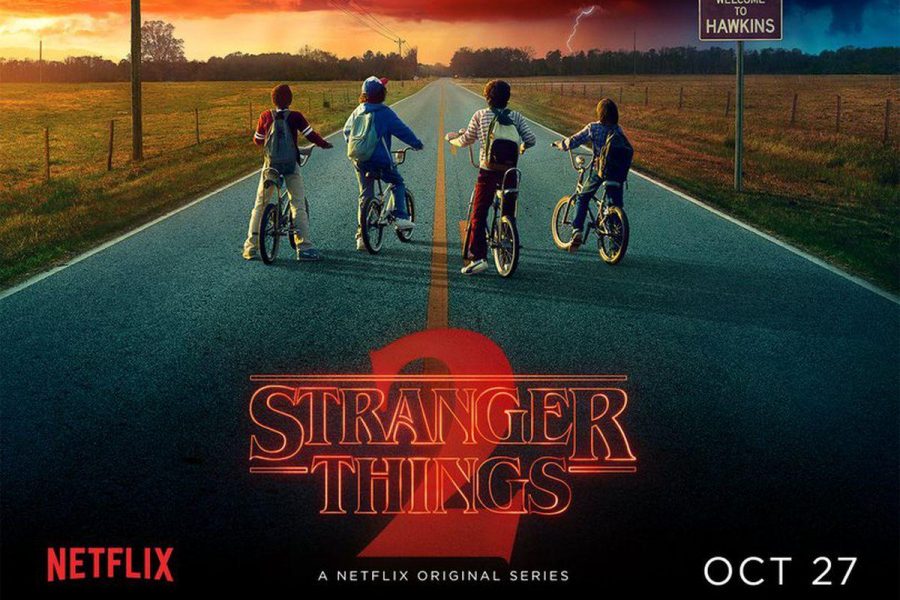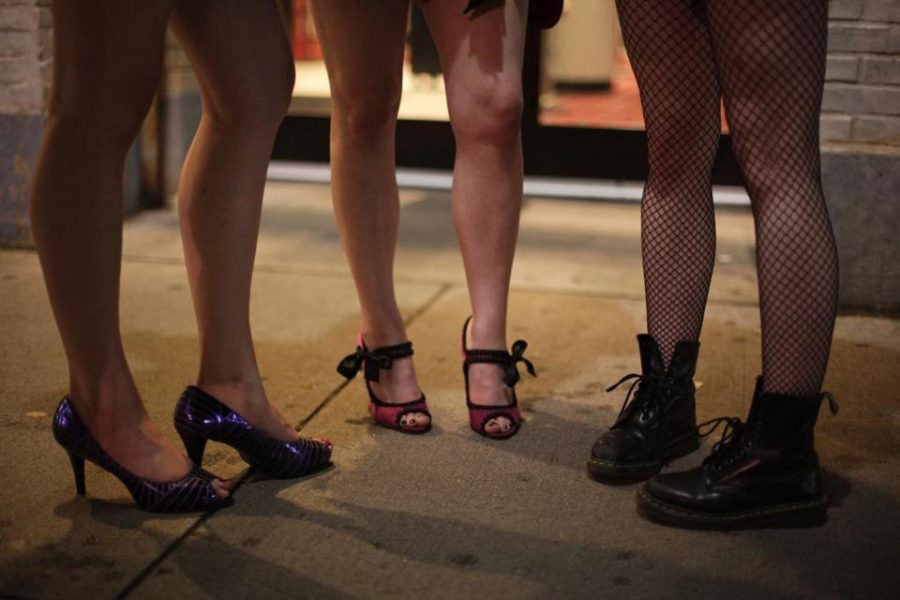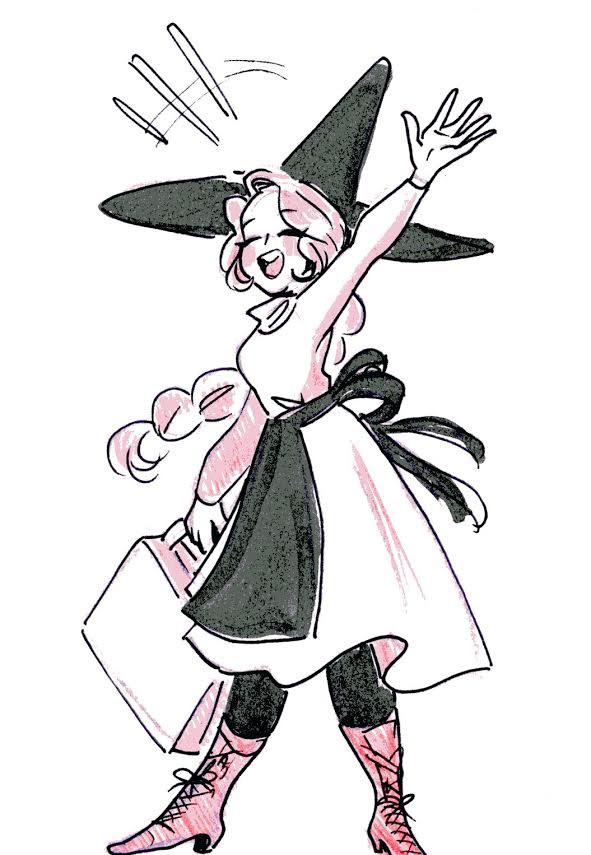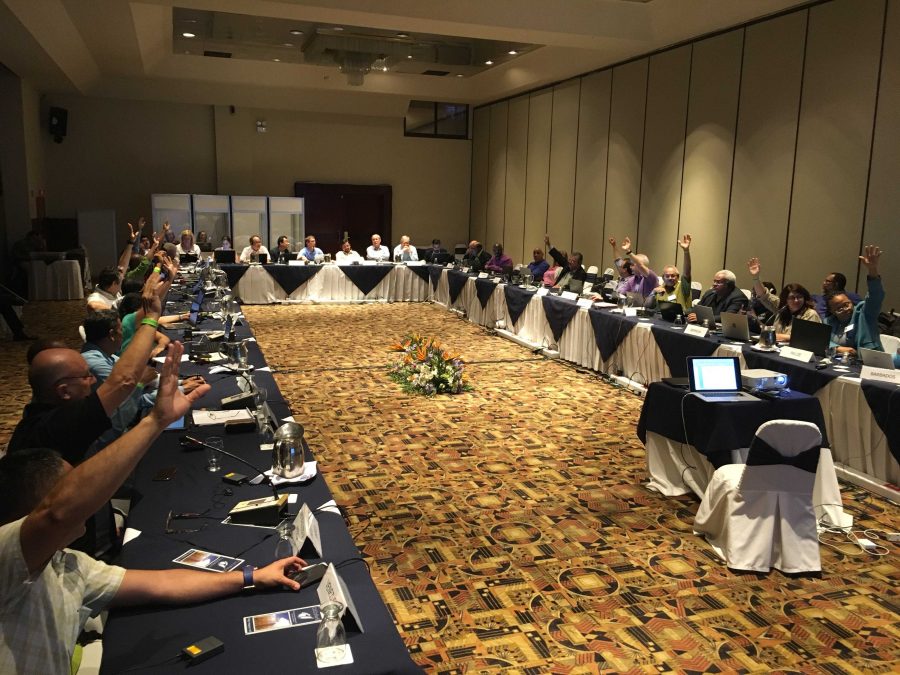By Maya Valentine
Staff Writer

William Bennett has never recovered from being wrongfully accused of murdering Carol Stuart in 1989.
The Charles Stuart murder case was one hit the Boston community hard in the 80s.
Carol Stuart was shot in the back of the head on the way home from a maternity class with her husband, Charles Stuart.
Stuart claimed a black man was the attacker. However, police later found Charles Stuart had killed his wife in a plot to collect insurance money.
“It’s over now. I used to get chills every time I used to hear that man’s name,” Bennett said on a CBS Boston investigative report last week.
The brutality of the crime sent Boston law enforcement into the city’s predominantly black neighborhoods searching for the suspect. According to an article in Time, politicians vocalized reinstating the death penalty.
At the time, Mayor Raymond Flynn increased Boston’s already problematic “Stop and Frisk” policy. “Get the animals responsible,” Flynn said on television.
Deloras Handy of WBUR wrote about the police’s crackdown in the Mission Hill neighborhood.
Police were already “under fire for violating basic civil liberties of young men,” Handy wrote. “Mothers in the Mission Hill neighborhood complained of their sons being targeted, stopped on the street and forced to drop their pants as police searched for a suspect,” he continued.
When Stuart was outed by his brother, who knew of the premeditated murder, questions about Boston’s racial injustice began to surface, especially how easy it was for officials to accept a black man as the suspect.
Roxbury Activist Sadiki Kambon criticized the Boston police for how they handled the case.
“Race is the primary issue in this situation, as the mayor and Boston police, with racist attitudes, reacted emotionally to the report that a white female had been murdered by an African male,” he told The Boston Globe.
Stuart ended his life by jumping off the Tobin Bridge before he could be arrested by police.
“He did what he did and that’s it; now he’s gone. I’ll see him in hell, if there’s a hell,” Bennett said in the CBS Boston interview.
Bennett’s family was also hurt by the false allegations.“It’s still affecting me,” his sister said. Diane Bennett takes care of her brother, who is sickly.
She wants justice for her brother’s suffering. “It don’t get no better,” she said.
This case resurfaced a troubling past Boston has with race. A past that some will never forget, because they were part of it.









